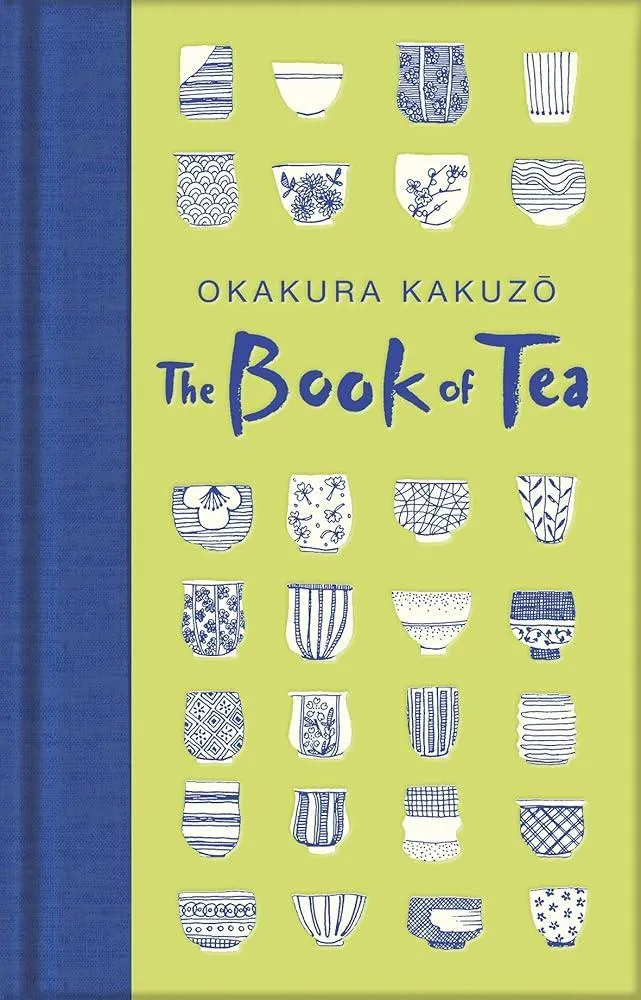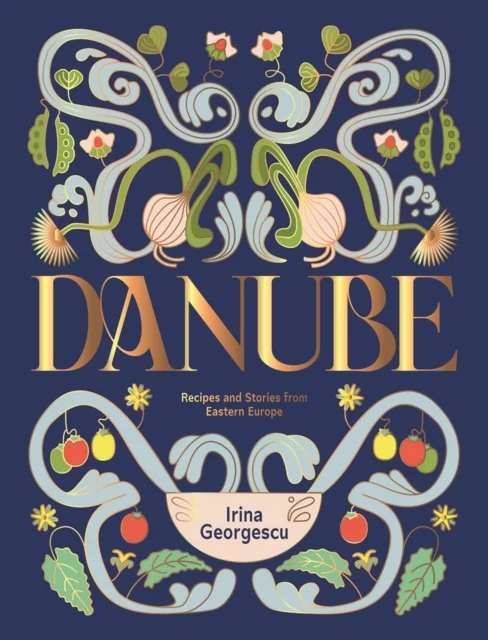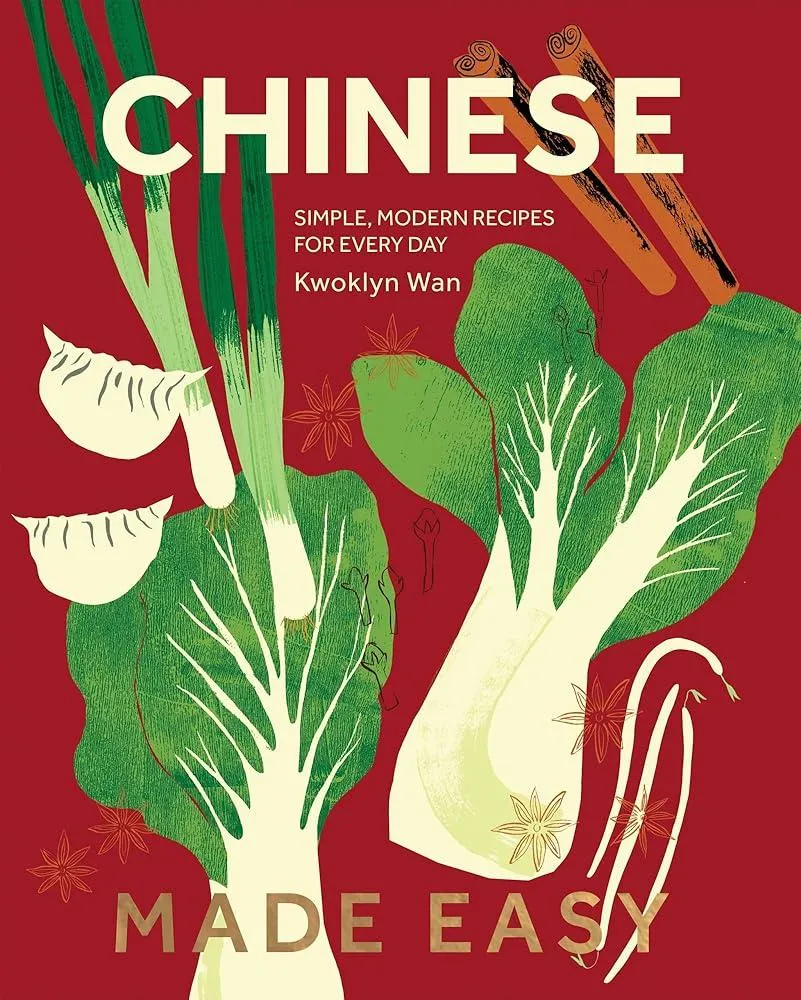
The Book of Tea (1906) is a book-length essay by Okakura Kakuzō. Connected to the author's overall project of celebrating Japanese culture and emphasizing the role of the East in creating the modern world, The Book of Tea is considered a classic work on the subject. His description of chadō, or teaism, remains incredibly influential in England and around the Western world. "[Teaism] insulates purity and harmony, the mystery of mutual charity, the romanticism of the social order. It is essentially a worship of the Imperfect, as it is a tender attempt to accomplish something possible in this impossible thing we know as life." Part philosophy, part history, The Book of Tea explores the role of tea in shaping the arts and culture of Japan, China, and the world. Beginning with an investigation of the historical uses of tea, Okakura reflects on the specific techniques of tea brewing, the connections between tea and religion, and the interconnection of tea and the creative arts. Informative and meditative, The Book of Tea is an essential work for tea drinkers everywhere. With a beautifully designed cover and professionally typeset manuscript, this edition of Okakura Kakuzō's The Book of Tea is a classic of Japanese literature reimagined for modern readers.
Okakura Kakuz
Okakura Kakuzo was a Japanese scholar and author best known for his influential work "The Book of Tea." His writing style was elegant and philosophical, combining Eastern and Western ideologies. Kakuzo's key contribution to literature was introducing Western audiences to Japanese tea culture and aesthetics, promoting harmony and simplicity.





